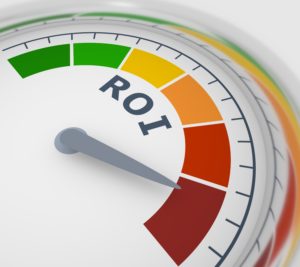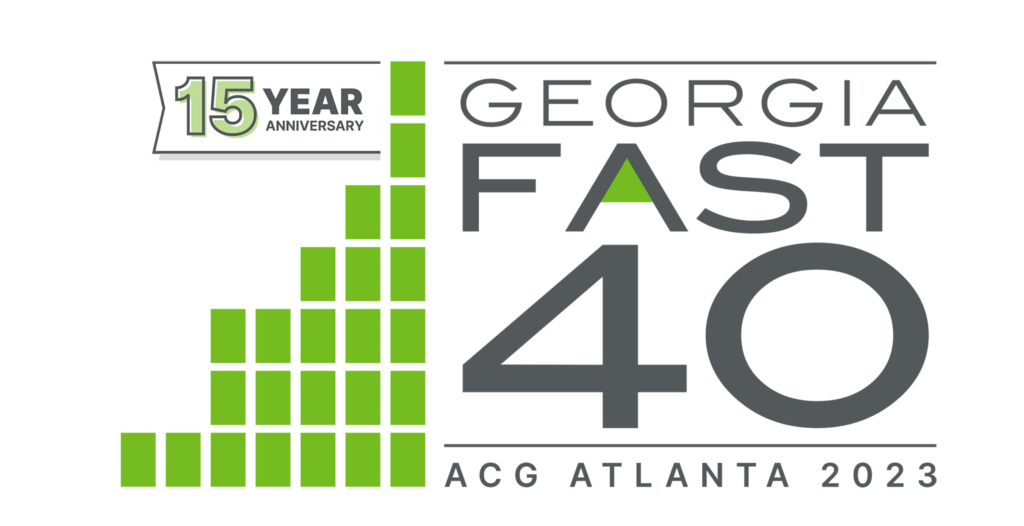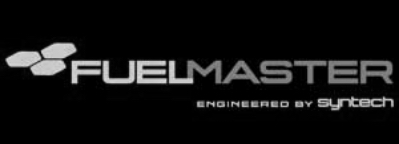
Abraham Maslow once said, “I suppose it is tempting, if the only tool you have is a hammer, to treat everything as if it were a nail”. This blunt approach to life often finds its way into your fuel vendor’s sales strategies. Rather than presenting solutions tailored to you, their approach focuses on limits within their own toolbox.
Mode of Fuel Purchase
The fuel vendor’s recommendation on how you should buy fuel is often a reflection of their own limitations. If the vendor focuses on bulk fuel deliveries, then clearly you should always buy fuel in bulk quantities. Mobile refueling is the only respectable way to purchase fuel according to other vendors. Card only providers emphasize buying your fuel at a retail station using your vendor’s card.
Your selection of mode of fuel purchase should be a function of your unique circumstances at each of your locations. Consideration should be given to fuel volume, relative total cost of each mode, the size of site and layout, employment agreements and operating hours.
Each mode of fuel has its best fit. Be sure to understand the site’s dynamics, the indirect costs of each mode and select the one that works best for your needs.
Locking Fuel Prices
Entering forward agreements to avert future fuel costs fluctuations is a prudent strategy in the right environment. The first step should be a fuel price risk assessment. Some fuel providers forego assisting you with a rightly guided price risk assessment and jump straight into bullying you to lock fuel prices.
Is your fuel vendor constantly saying, “Now is the time to lock!” Price-Lock evangelists use today’s news to proclaim the importance of this moment in hopes of moving you into a fixed price agreement. Upon reflection, you realize that today’s lock-logic is in stark contrast to last month’s desperate call to action.
When there is war, you should lock prices. You should lock prices now because at last there is peace. If fuel supplies are strained, you should lock prices before they worsen. Prices have collapsed. Therefore, you should lock before the market surges again.
Upon deeper reflection, you realize that you pass your fuel costs to your customer so you in fact do not experience fuel price risk in a material way. Locking prices may make sense to some organizations. However, locking does not make sense to you.
Do not fall prey to their hammer. Locking future prices can invite risk exposure that otherwise would be absent from your business. Exam your price risk exposure before succumbing to their hammering.
Fuel Additives
Certain fuel treatments without doubt have enormous benefits. They can prevent diesel from gelling during winter. Treatments can help prevent microbial growth in your diesel tank. additives can help reduce coking on fuel injectors.
Nonetheless, you still need to understand the true goal of the proposed treatment and its cost benefit to you before mindlessly signing onto your fuel supplier’s “Treatment for Every Gallon” program. Did you know that by law gasoline is injected with various treatments at the loading terminal? A fuel treatment for treatment’s sake will not justify the incremental investment. Know your goal and measure its benefit before buying.
Generator Fuel Polishing
It is a generally accepted truth that society would crumble into to dystopia if we are unable to access our email, social media, or shopping websites at will. You cannot text that hilarious meme to Aunt Sally if Ma Bell’s data center is down. Data Centers often use diesel generators as a source of emergency backup power. Therefore, the diesel must be protected at all cost.
The critical need for operational continuity has created the perfect breeding ground for the fuel polishing hammer. It is true that diesel sitting in a generator is only tested on a modest load every few months. Idle diesel can develop microbial creatures who love the nastiness of diesel mixed with the moisture of a diesel fuel tank. Potential microbes is truly a problem that needs to be managed.
Just because microbial growth is a problem does not mean diesel polishing is the best way to address the problem. First, diesel polishing is a very expensive exercise relative to a preventative approach. The cost for polishing should be reserved for severe problems. Second, microbial growth still has time needed to grow between quarterly polishing. A better practice is to add preventive treatments and bottom sample the fuel periodically. Polish when needed but only when needed.
Are you tired of being hammered by a solution that does not fit? Our team of fuel experts work with our customers to determine the right answer for their unique needs. DES toolbox is filled with numerous solutions. We can help you find the right fit for you.








